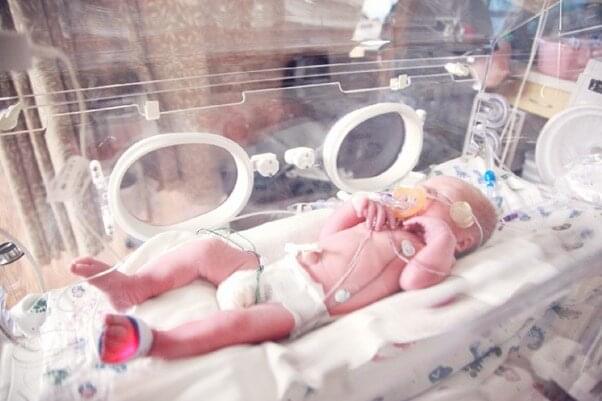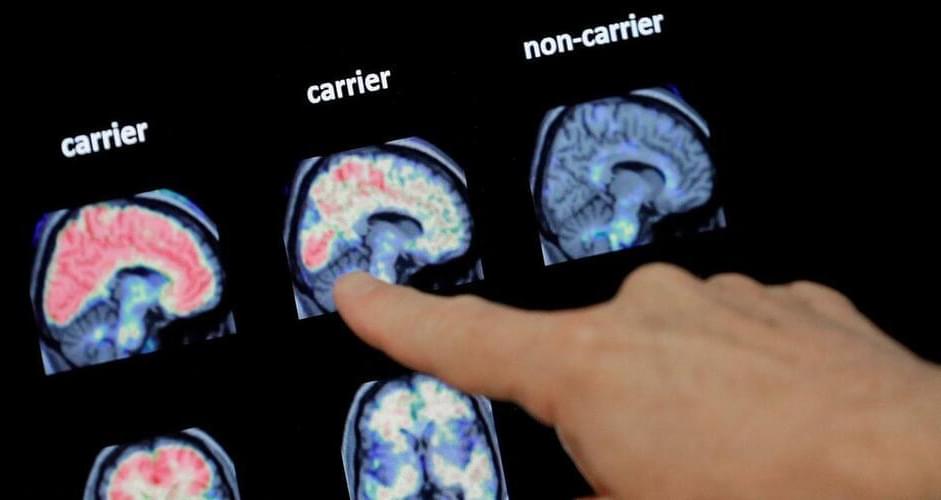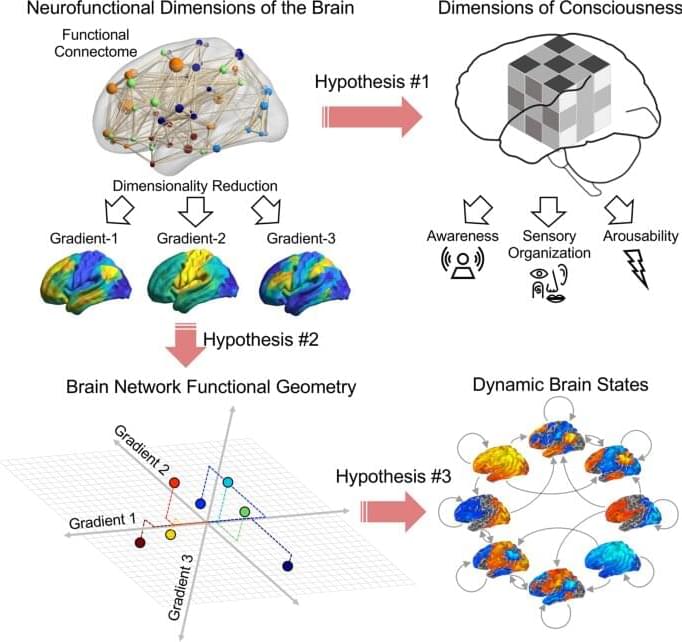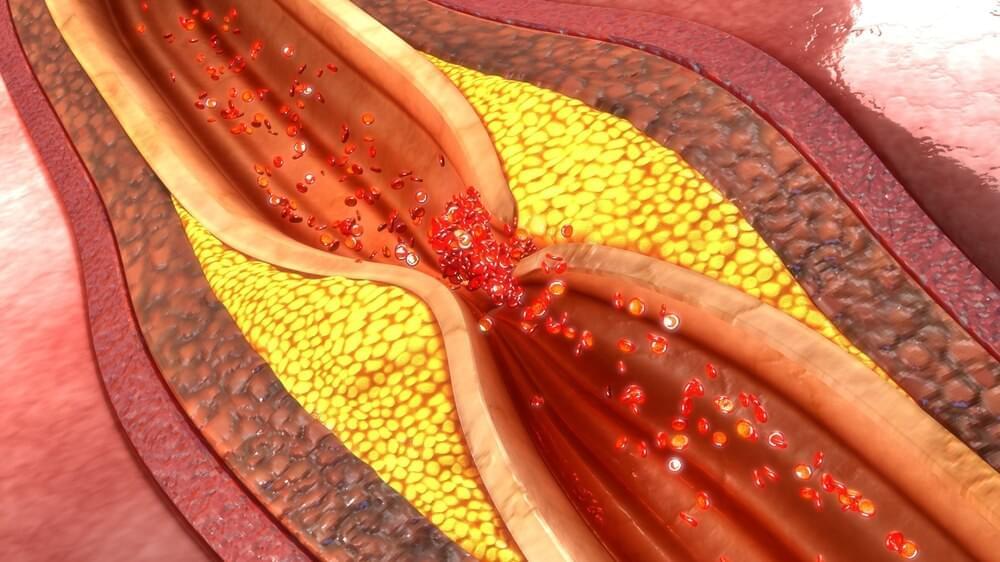Pioneering Hematopoietic Stem Cell Transplants (HSCT) For Autoimmune Disorders — Dr. Richard K. Burt
Dr. Richard K. Burt MD (https://astemcelljourney.com/about/drrichardburt/) is a Fulbright Scholar, Professor of Medicine at Scripps Health Care, tenured retired Professor of Medicine at Northwestern University where he served as Chief of Immunotherapy and Autoimmune Diseases, and CEO of Genani Biotechnology.
Dr. Burt endeavored for thirty-five years, first with animal models and then with some of the world’s first clinical trials, to bring the field of stem cell and cellular therapy to the patient’s bedside.
Dr. Burt has published more than 145 mostly first author articles and is the Editor of four medical textbooks. He was the first Autoimmune Committee Chairperson for the International Bone Marrow Transplant Registry (IBMTR) and was the principal investigator of a National Institute of Health (NIH) $10,000,000 multi-center contract to develop stem cell clinical trials for autoimmune diseases.
Dr. Burt performed America’s first hematopoietic stem cell transplant (HSCT) for multiple sclerosis (MS), systemic lupus erythematosus (SLE), Crohn’s disease (CD), stiff person syndrome (SPS), and chronic inflammatory demyelinating polyneuropathy (CIDP) and published the world’s first randomized clinical stem cell transplantation trials for systemic sclerosis and multiple sclerosis.






